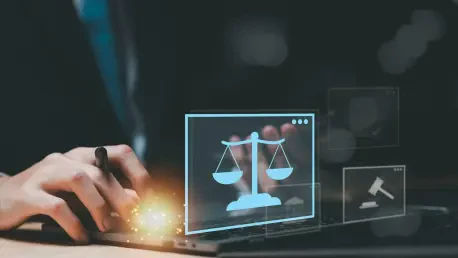
What transpires when confidential legal documents accidentally fall into unintended hands during a heated courtroom battle? An increasing phenomenon in today's digital age, accidental disclosures challenge the very foundation of information confidentiality within legal proceedings. Such a scenario

An intriguing legal battle over the Cohiba trademark between Cubatabaco and General Cigar has captivated experts worldwide. This case witnessed the intersection of international law and geopolitical tensions, sparking debate on the role of U.S. courts in international trademark disputes. Opinions

The landscape of college sports in the United States is undergoing a dramatic transformation, fueled by a series of legal challenges targeting the NCAA's regulatory authority. At the heart of this upheaval is the tension between the longstanding model of amateurism in collegiate athletics and the

In the fast-evolving landscape of global trade and legal compliance, Desiree Sainthrope stands out as a seasoned expert. With a rich background in drafting and analyzing trade agreements, coupled with her keen insight into the implications of emerging technologies like AI, Desiree offers a unique

On May 14, the Delhi High Court issued a significant ex-parte ad-interim injunction in the case of Vinay Pictures vs. Good Hope & Ors., focusing on the intellectual property rights of the renowned Hindi film "Andaz Apna Apna." Vinay Pictures, represented by Ms. Shanti Vinaykumar Sinha, the legal

Trade secrets are at the heart of business competitiveness, safeguarding the vital information that can make or break a company. As we move further into this decade, businesses face unprecedented challenges and opportunities. The landscape of trade secret practices is shifting, influenced by